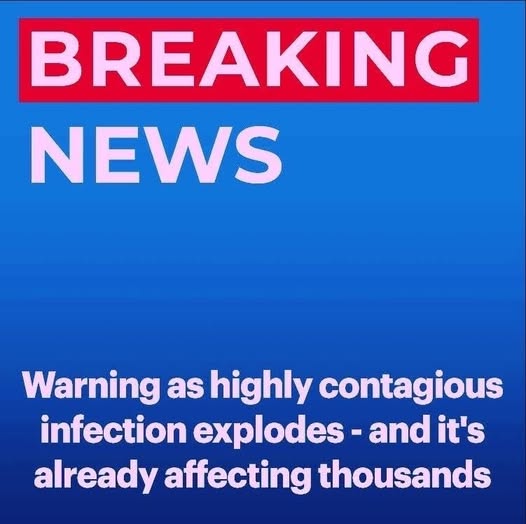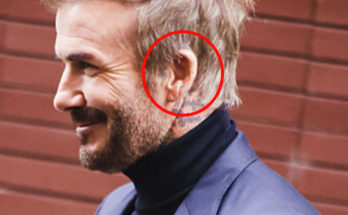
Queensland is grappling with a disturbing resurgence of whooping cough, as cases surge to levels not seen in over a decade. In just the early months of 2025, health authorities have already documented more than 2,380 confirmed infections—a staggering figure that’s more than three times the average reported annually between 2020 and 2024.
But this isn’t a sudden spike. The warning signs were evident throughout 2024, which closed with an astonishing 15,012 cases of the highly contagious disease—more than the total combined cases of the previous eleven years. This dramatic escalation has sparked deep concern among medical professionals, who warn that the situation could deteriorate further without swift public health intervention.
Experts believe the primary driver behind this outbreak is a sharp decline in immunisation rates, which has been gradually unfolding since the height of the COVID-19 pandemic. The pandemic not only disrupted routine vaccination schedules but also fueled vaccine hesitancy among certain communities. In some regions, misinformation and complacency have taken root, leading to lower uptake of essential childhood vaccines, including the one that protects against pertussis—commonly known as whooping cough.
Compounding the problem is a widespread drop in personal hygiene practices. During the peak of the COVID crisis, handwashing, mask-wearing, and social distancing were heavily promoted and widely observed. But as restrictions eased and life began to return to normal, many of those habits faded. Health officials now warn that the combination of reduced immunity in the population and a lax attitude toward infection prevention has created the perfect storm for the spread of respiratory illnesses like whooping cough.
The disease, which is particularly dangerous for infants and vulnerable populations, begins with cold-like symptoms before progressing into violent coughing fits that can last for weeks or even months. In severe cases, especially among newborns, it can lead to complications such as pneumonia, brain damage, and even death.
Doctors are urging parents to review their children’s vaccination records and ensure they are up to date, especially for younger children and newborns who rely on herd immunity for protection. Schools, daycare centers, and healthcare facilities are being advised to take extra precautions, while public awareness campaigns are being rolled out to educate communities about the risks of ignoring immunisation schedules.
Health authorities are now racing against time to prevent the crisis from spiraling further out of control. Without a collective effort to restore vaccination rates and reinforce hygiene practices, Queensland may be facing a preventable public health disaster that could echo the dark chapters of pre-vaccine history.


